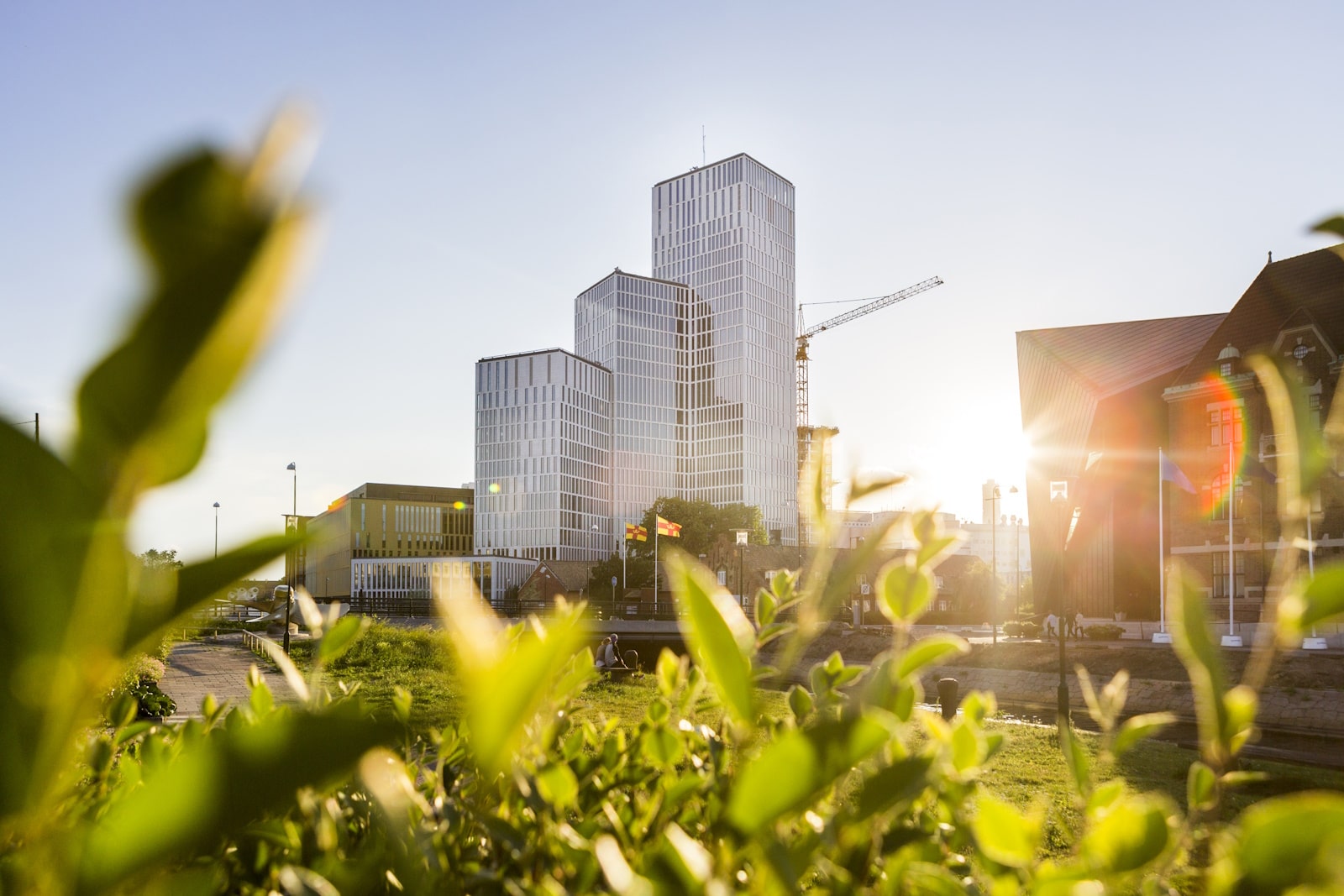Waste Management Companies: Green Urbanism
In Johannesburg, where rapid urbanisation has led to mounting environmental pressures, the role of waste management has become more critical than ever. As the economic powerhouse of South Africa, the city is tasked with balancing industrial growth, population expansion, and environmental responsibility. Central to this balancing act are waste management companies in Johannesburg, whose services now go beyond collection and disposal, directly contributing to long-term sustainability goals.
Understanding Johannesburg’s Urban Sustainability Vision
Johannesburg has made a clear commitment to a sustainable future, aligning its strategy with the UN Sustainable Development Goals (SDGs). The city’s Integrated Waste Management Plan (IWMP) is a cornerstone of this vision, focusing on the minimisation of waste, increased recycling rates, and enhanced community awareness. Key to this plan is the diversion of 93% of waste from landfill sites by 2040—an ambitious target that depends heavily on the capabilities and innovations of waste management companies in Johannesburg.
This developmental agenda interlinks environmental sustainability with economic growth and social upliftment. It recognises that the successful management of waste not only prevents environmental degradation but also supports green economy initiatives and local employment.
Reducing Landfill Dependence
One of the most pressing challenges Johannesburg faces is its reliance on landfills, which are both environmentally damaging and increasingly unsustainable. The city generates over 1.6 million tonnes of waste annually, the majority of which historically ends up in landfills. This trend must change if sustainability goals are to be met.
Waste management companies in Johannesburg are actively involved in reducing this landfill dependence. Through recycling, composting, and waste-to-energy projects, these companies are reshaping how waste is treated. Recovery initiatives that extract reusable materials from the waste stream not only reduce landfill input but also conserve resources and energy.
Recycling and Circular Economy Initiatives
In recent years, Johannesburg has taken decisive steps toward embracing the circular economy. Rather than following the traditional linear approach of produce-use-dispose, the city is encouraging businesses and citizens to reuse, recycle, and repurpose materials.
Waste management companies in Johannesburg are leading this transition. By collecting recyclable materials and feeding them back into the manufacturing cycle, these companies ensure that waste retains value rather than becoming a burden. Initiatives focused on separation-at-source programmes, material recovery facilities (MRFs), and local partnerships are enabling a shift toward a zero-waste model.
Crucially, this circular economy model extends beyond plastics and paper to include organics, construction debris, and electronic waste.
Supporting Green Job Creation
Sustainability in Johannesburg isn’t only about environmental preservation—it’s about social development too. Waste management companies in Johannesburg are vital players in the creation of green jobs across various segments, from waste collection and sorting to logistics and environmental engineering.
This employment contributes significantly to economic development in under-served communities. Jobs in waste management are often entry points into the formal economy, particularly for individuals who may not have had access to traditional job markets. Furthermore, as recycling and recovery initiatives scale up, there is a growing demand for skilled professionals in waste auditing, logistics planning, and environmental compliance.
Technology and Data in Waste Management
Technology has become an essential tool in modern waste management practices. In Johannesburg, digital solutions are now being employed to streamline operations, reduce emissions, and maximise efficiency.
Waste management companies in Johannesburg are using smart bin sensors, GPS-enabled trucks, and route optimisation software to enhance collection processes. These innovations not only lower the carbon footprint associated with waste transport but also ensure that resources are used more efficiently. Additionally, data analytics allows companies to monitor trends in waste generation, assess service effectiveness, and inform future urban planning decisions.
A notable contributor in this space is A-Thermal, which integrates state-of-the-art thermal treatment technologies to handle hazardous and general waste safely and sustainably. By combining engineering expertise with data-driven strategies, we support a cleaner, more efficient waste system.
Public-Private Partnerships for Sustainability
The synergy between municipal bodies and private sector waste operators is crucial for Johannesburg’s sustainability journey. Public-private partnerships (PPPs) have already demonstrated success in areas like waste separation, recycling education, and waste collection in informal settlements.
Through collaboration, municipalities gain access to innovation and operational excellence, while private companies benefit from a clear regulatory framework and policy alignment. Waste management companies in Johannesburg are not just service providers—they are strategic partners in shaping a sustainable city.
Challenges in Policy and Enforcement
Despite progress, several obstacles remain. Enforcement of existing regulations, such as the National Environmental Management: Waste Act (2008), remains inconsistent. Illegal dumping and informal waste disposal continue to undermine the gains made by legitimate operators.
Moreover, a lack of reliable data on waste volumes and composition impedes proper planning. Strengthening oversight and enhancing interdepartmental coordination are necessary steps to ensure that Johannesburg’s waste management infrastructure aligns with its sustainability ambitions.
Conclusion
Technology, partnerships, and policy support will continue to be key levers for progress. By embracing innovation and committing to responsible practices, waste management companies in Johannesburg are not only managing waste—they are shaping the city’s sustainable future.
At A-Thermal, we are proud to be part of this transformation. If you’re looking for sustainable, compliant, and technologically advanced waste solutions, contact us today. Together, we can build a greener Johannesburg.







